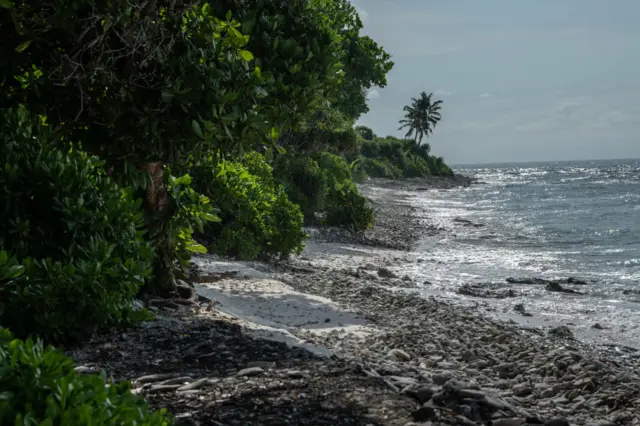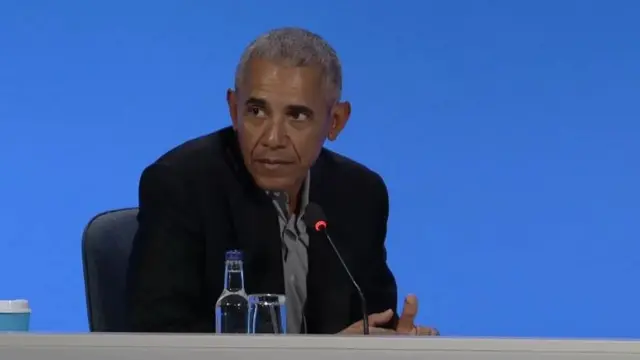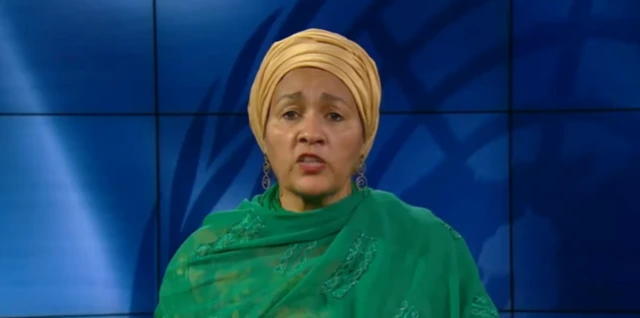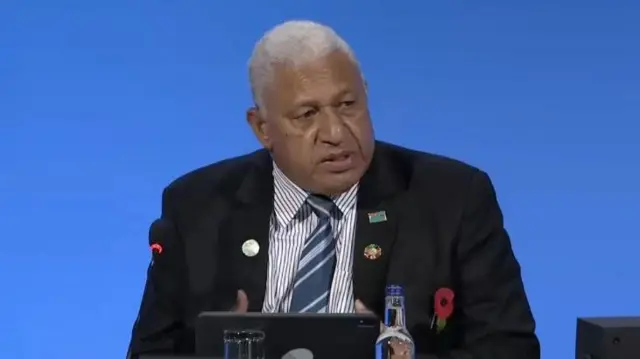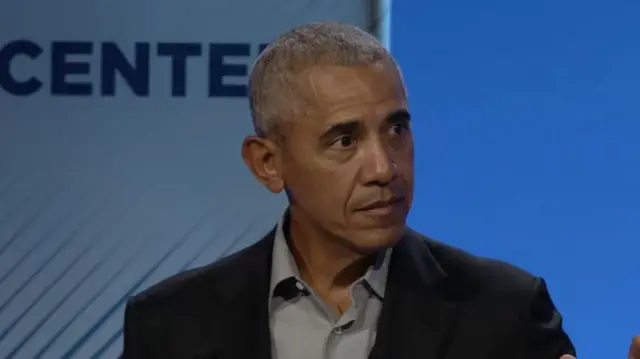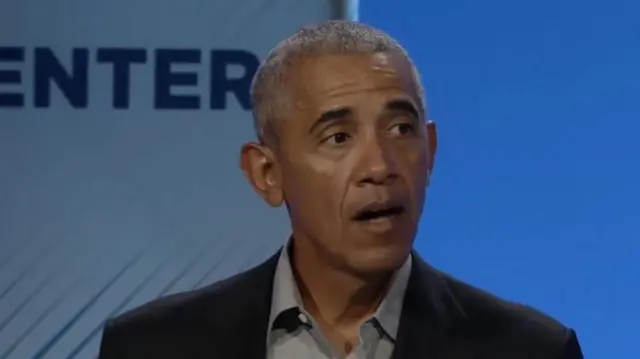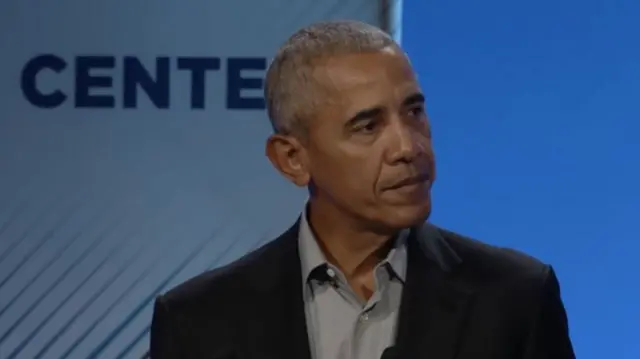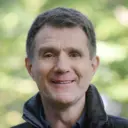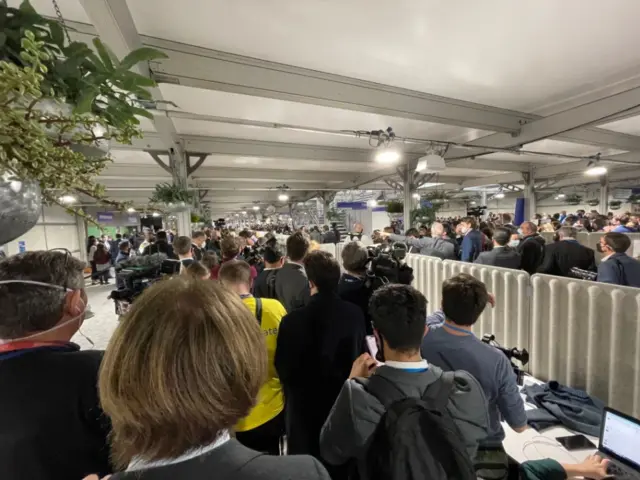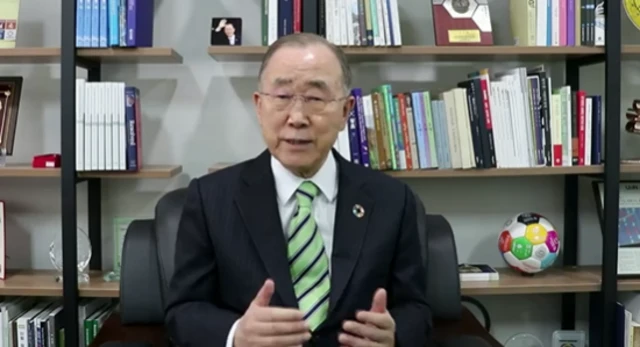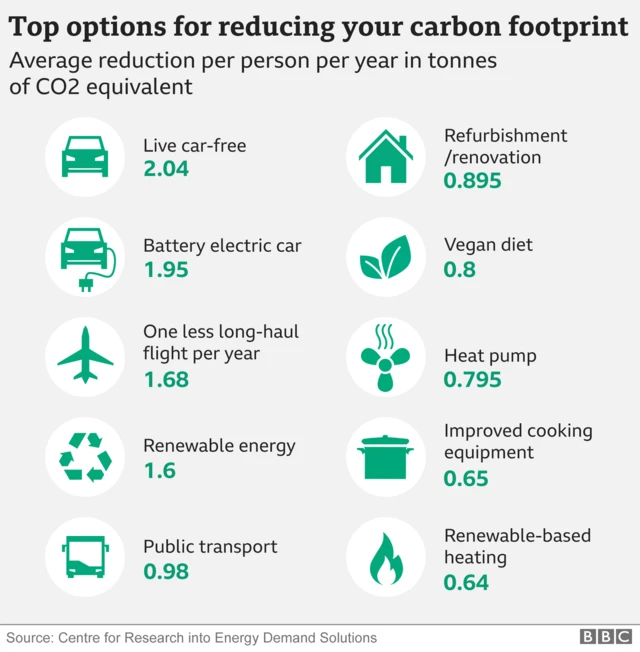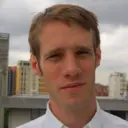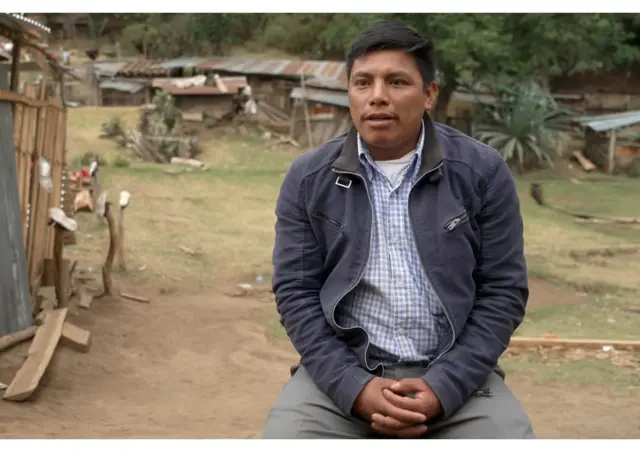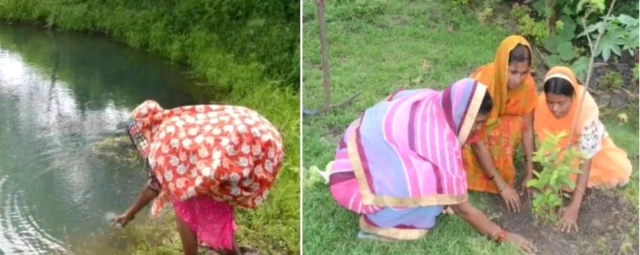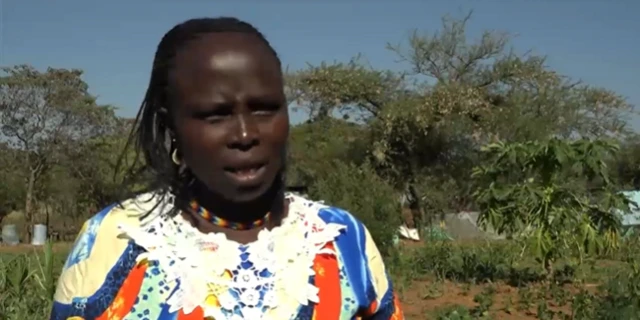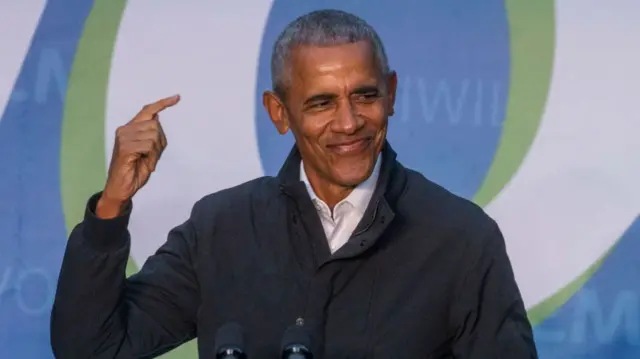
How will COP26 affect our lives?published at 13:25 GMT 8 November 2021
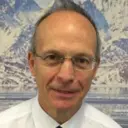 Peter Betts
Peter Betts
Former lead climate negotiator for the UK and the EU
Greta Thunberg famously described the UN climate change summit as a "two-week long celebration of business as usual and blah, blah, blah". Allegra, 49, from Paris, wants to know what is concretely being decided at COP26 that could make a real difference in our daily lives?
There has been significant progress made in the last 30 years - just not nearly enough.
Before the Paris COP in 2015, we were looking at global temperature increases of more than 4C, after Paris nearer 3C and after this COP arguably getting near to 2C.
But most countries' commitments were made before the Glasgow COP even started and will not be negotiated here because big, developed and developing countries are unwilling to do so - they are "nationally determined".
The targets which have been set are significant in some cases, in others not. And we need to hold all to account to deliver.

